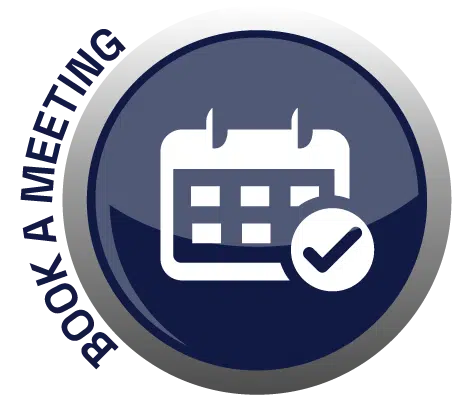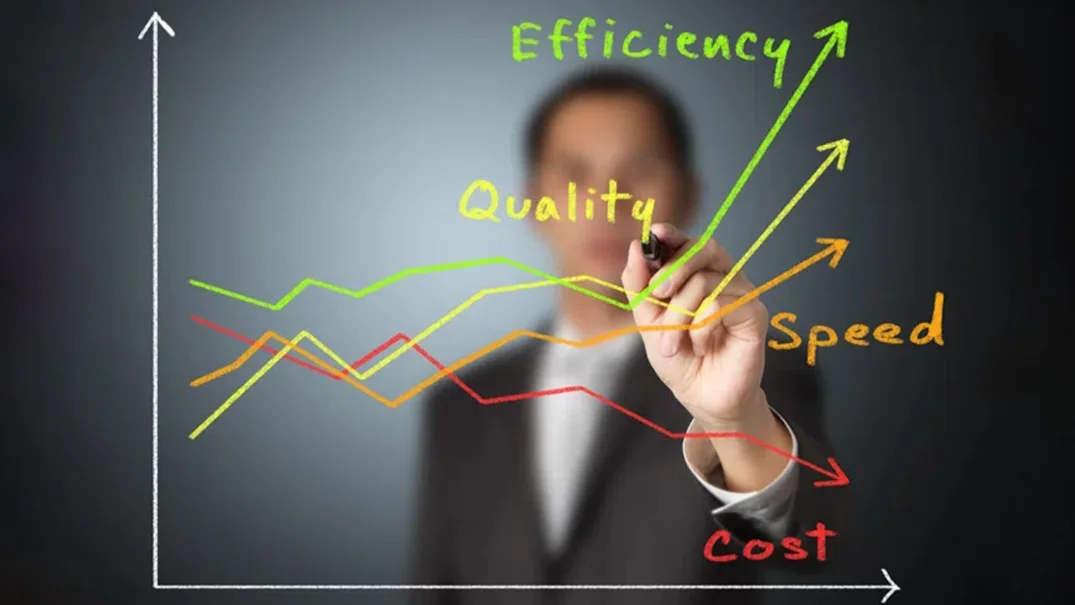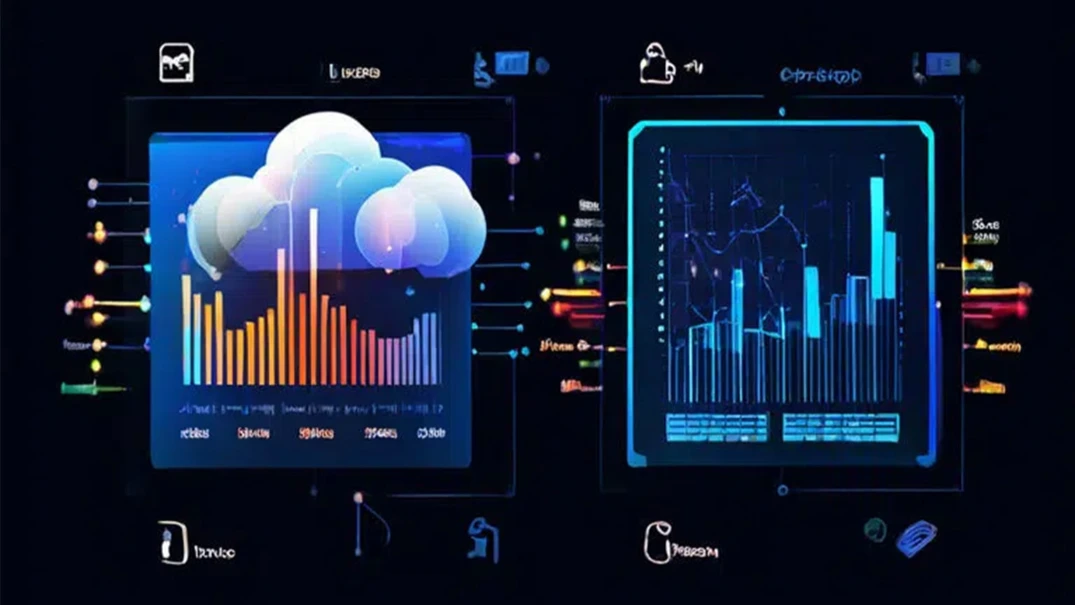When it comes to data integration, ensuring data quality is paramount. By focusing on data management early on and incorporating manual checks to validate accuracy, you lay a strong foundation. But that’s just the beginning; setting quality goals, defining governance policies, and tracking progress are key pieces of the puzzle. The journey to maintaining data integrity through integration is intricate, but with the right strategies in place, you can navigate this terrain effectively. Let’s discuss in detail
How to Ensure Data Quality in Data Integration
Data Management in Integration Process
In ensuring data quality in data integration, incorporating data management into the integration process is a critical first step. By manually checking the quality of data early on and avoiding sole reliance on software solutions, you lay the foundation for accurate and complete data.
Throughout the integration project, continue to develop the data management program to ensure that the data within the system remains reliable.
Data Governance and Quality Goals
To ensure data quality in data integration, establishing robust data governance practices and defining clear quality goals is essential. Data governance plays a crucial role in controlling data collection, storage, and processing to eliminate issues caused by unclean data. By developing a data governance policy with specific quality goals, you set a solid foundation for maintaining data integrity throughout the integration process.
| Data Governance Goals | Description |
|---|---|
| Data Accuracy | Ensuring data values are correct and reliable |
| Data Completeness | Guaranteeing that all necessary records are present without gaps |
| Data Consistency | Maintaining coherent data values across different systems |
Defining these quality goals helps align your team’s efforts towards data integrity and consistency. It also aids in identifying areas that require improvement, ensuring that the integrated data meets the desired standards. By focusing on these goals, you pave the way for more accurate insights and informed decision-making.
Steps to Improve Data Quality
Establishing robust data governance practices and defining clear quality goals is imperative to ensure data quality in data integration.
To improve data quality effectively, follow these steps:
- Incorporate Data Management into the Integration Process
- Check data quality manually at early stages.
- Avoid relying solely on software solutions.
- Develop the data management program gradually.
- Ensure accuracy and completeness of data in the system.
- Data Governance in the Integration Process
- Control data collection, storage, and processing.
- Aim to eliminate BI issues from unclean data.
- Develop a data governance policy with quality goals.
- Utilize software solutions like SyncApps by Cazoomi for aid.
- Make Small Steps to Improve Data Quality
- Focus on each data type and application used.
- Verify data accuracy against specific software.
- Address one data batch or source at a time.
- Gradually tackle data management challenges.
- Set up Goals for Your Data Management Project and Metrics for Tracking Progress
- Establish measurable data management goals.
- Define standards for each data type’s quality.
- Evaluate data completeness and accuracy.
- Set metrics to determine data quality for tracking progress.
Setting Goals and Tracking Progress
One effective approach to enhance data management practices involves setting clear and measurable goals while establishing metrics for monitoring progress.
When setting goals for your data management project, it’s crucial to define specific objectives and metrics that align with your organization’s data quality standards.
Start by establishing measurable goals that reflect the desired level of accuracy and completeness for each type of data.
Define data quality standards to serve as benchmarks for measuring progress and success.
Evaluate the completeness and accuracy of data regularly to ensure consistency with the defined standards.
Set up metrics that enable you to track data quality over time and identify areas for improvement.
Workflow Automation for Data Quality
Setting clear and measurable goals in data management enables organizations to effectively monitor progress and ensure data quality.
When it comes to Workflow Automation for Data Quality, utilizing software tools to address discrepancies and automate processes is key to maintaining accurate and reliable data.
Here are some key steps to enhance your data quality through workflow automation:
-
Implement Workflow Automation Software: Integrate tools that can automatically identify and rectify data discrepancies, ensuring data accuracy and consistency.
-
Set Up Automated Notifications: Configure alerts to notify data managers promptly when quality issues arise, allowing for immediate intervention and resolution.
-
Utilize Tailored Automation Solutions: Seek recommendations for customized automation software that align with your specific data quality needs and objectives.
-
Streamline Data Quality Processes: Improve overall data quality by leveraging automation to expedite the identification and resolution of quality issues, enhancing the reliability of your data.
Frequently Asked Questions
How Can Data Quality Be Maintained During Real-Time Data Streaming?
Maintaining data quality during real-time data streaming is vital. You must continuously monitor for inaccuracies and inconsistencies. Utilize tools for validation and ensure data integrity. Regularly assess the completeness and timeliness of data to uphold quality standards.
What Are the Best Practices for Handling Data Privacy Concerns in Integration?
When handling data privacy concerns in integration, focus on encrypting sensitive information, implementing access controls, conducting regular security audits, and ensuring compliance with relevant regulations. Your attention to detail safeguards data integrity.
How Do You Ensure Data Quality Consistency Across Different Data Sources?
Ensure data quality consistency across various sources by standardizing data formats, performing regular quality checks, and implementing data governance policies. Use automated tools to validate and cleanse data, ensuring accuracy and completeness.
What Role Does Data Lineage Play in Maintaining Data Quality in Integration?
To maintain data quality in integration, data lineage plays a vital role. It tracks data’s origin, changes, and movement through systems, ensuring transparency and accuracy. Understanding data lineage aids in identifying errors, ensuring reliability, and enhancing decision-making.
How Can Automated Data Validation Tools Improve Data Quality in Integration Processes?
Automated data validation tools enhance data quality by swiftly identifying and rectifying errors in integration processes. They streamline validation, ensuring accuracy and completeness. Utilize these tools for efficient data management and reliable insights.
Conclusion
In conclusion, ensuring data quality in data integration requires a proactive approach to data management and governance. By incorporating manual checks, setting clear quality goals, and tracking progress through metrics, organizations can maintain data integrity throughout the integration process.
Implementing workflow automation can also streamline data quality processes and improve efficiency. Overall, a comprehensive data management program is essential for achieving accurate and reliable data integration results.







Add Comment